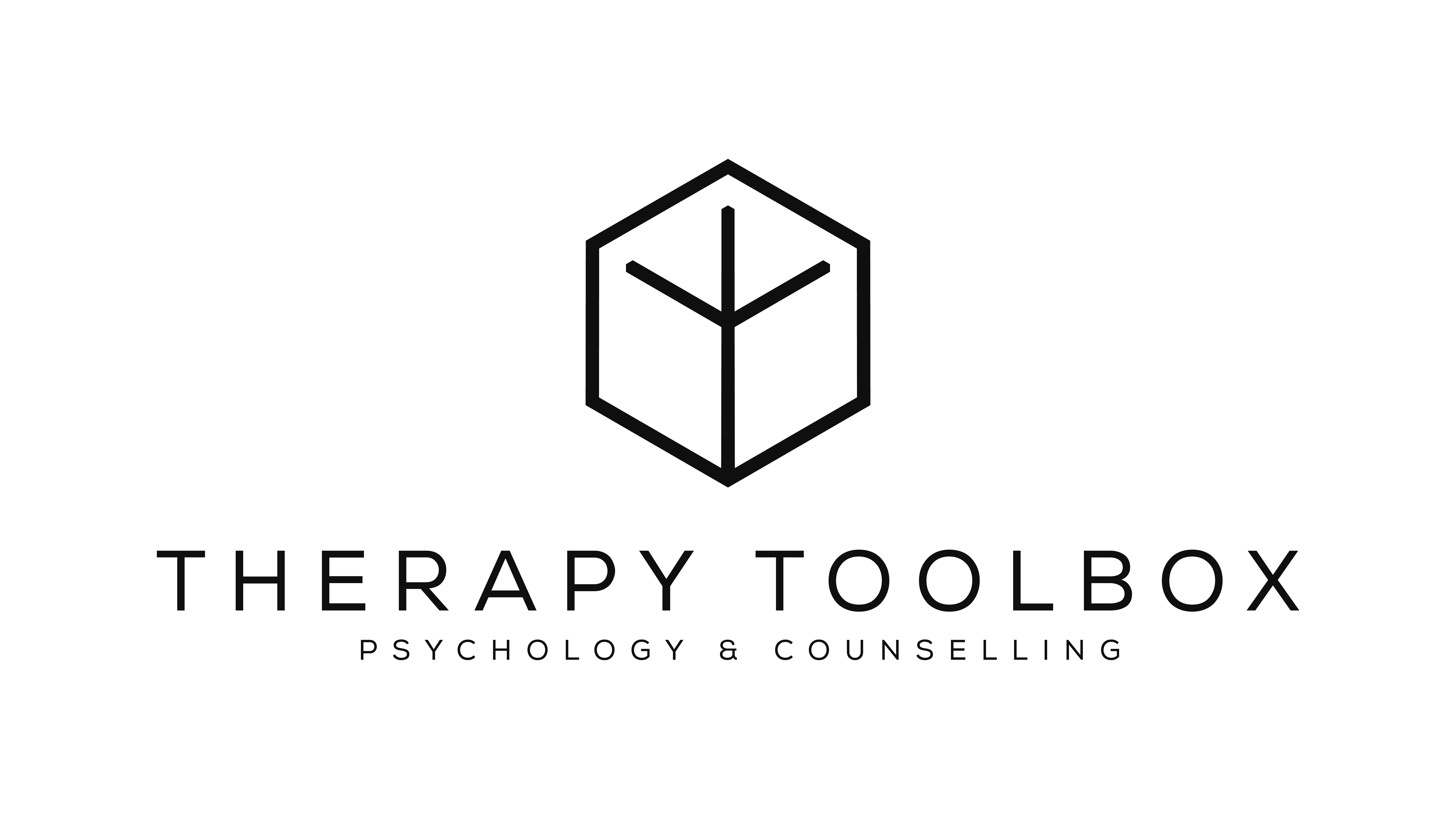Cognitive Behavioral Therapy: A Practical Guide for Managing Anxiety in Deniliquin Therapy
Anxiety disorders have become increasingly prevalent in today’s fast-paced, pressure-driven society. Many individuals find themselves struggling to cope with the constant worries and stresses that accompany daily life. However, thanks to advancements in cognitive behavioral therapy (CBT), managing anxiety has become more attainable for individuals in Deniliquin and beyond.
CBT is a practical and evidence-based therapy that focuses on the relationship between our thoughts, emotions, and behaviors. It aims to help individuals identify negative or harmful thought patterns and develop healthier, more constructive ways of thinking. With its emphasis on practical strategies and techniques, CBT has become a highly effective method for managing anxiety.
In Deniliquin therapy, CBT offers individuals a step-by-step approach to understanding and addressing their anxiety. The therapist collaboratively works with the individual to explore their anxious thoughts and identify triggers and patterns. By carefully examining these thoughts, individuals can gain insight into the underlying causes of their anxiety.
Once these triggers and patterns are identified, the therapist and individual can work together to challenge and reframe negative thought patterns. This process involves examining the evidence for and against anxious thoughts, questioning their validity, and replacing them with more realistic and positive alternatives. By doing so, individuals can gradually reshape their thinking patterns and reduce anxiety.
CBT also equips individuals with practical tools and techniques to manage their anxiety on a day-to-day basis. One such technique commonly used in Deniliquin therapy is called “thought stopping.” When anxious thoughts arise, individuals are encouraged to imagine a stop sign or say the word “stop” out loud to interrupt the cycle of negative thinking.
Similarly, individuals may be taught relaxation techniques, such as deep breathing exercises or progressive muscle relaxation, to help manage the physical symptoms of anxiety. These techniques help individuals activate their body’s relaxation response, counteracting the fight-or-flight response often associated with anxiety.
While CBT provides individuals with practical strategies to manage anxiety, it also prioritizes long-term behavioral change. Individuals in Deniliquin therapy are encouraged to gradually confront feared situations or triggers to reduce avoidance behaviors. Through gradual exposure, individuals can develop confidence in their ability to handle anxiety-provoking situations, leading to a reduction in anxiety over time.
In Deniliquin and other locations, CBT has proven effective in managing anxiety disorders such as generalized anxiety disorder, social anxiety disorder, and panic disorder. Additionally, CBT can be adapted to address specific phobias, post-traumatic stress disorder (PTSD), and obsessive-compulsive disorder (OCD).
If you find yourself struggling with anxiety in Deniliquin, CBT can provide you with the necessary tools and strategies to regain control over your life. By working with a trained therapist, you can learn practical techniques to challenge negative thoughts, manage physical symptoms, and gradually confront feared situations. Take the first step on your journey towards anxiety management and consider cognitive behavioral therapy as a practical guide to help you thrive.
Publisher Details:
Therapy Toolbox Psychology and Counselling
https://www.therapytoolbox.com.au/
Unlock your mind and unleash your potential with TherapyToolbox, the ultimate resource for transformative therapy techniques. Discover a diverse range of tools, exercises and strategies that will empower you to navigate your mental health journey in new and innovative ways. Explore a world of self-discovery and healing, right at your fingertips. Are you ready to open the door to a brighter tomorrow? Visit therapytoolbox.com.au and step into your path of personal growth and empowerment today.

